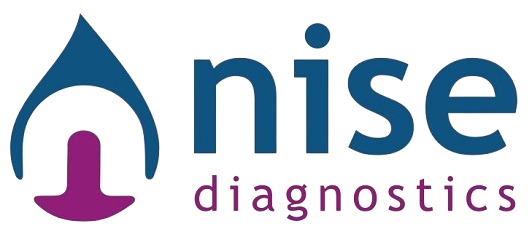When you are pregnant, your doctor may suggest prenatal screening tests. These tests help check your baby’s health early. Two common tests are the Double Marker Test and the NT Scan. Many parents wonder about the difference between Double Marker Test and NT Scan. In this blog, we will explain both tests, their benefits, and help you decide which test is better for pregnancy.
What Is the Double Marker Test?
The Double Marker Test is a blood test done during early pregnancy. It checks for certain proteins and hormones in the mother’s blood. These markers can show if there is a higher risk of chromosomal problems, like Down syndrome, in the baby.
Usually, the test is done between 11 and 14 weeks of pregnancy. The lab takes a small blood sample from your arm. Then, they measure two things: free beta hCG and PAPP-A. High or low levels may mean a higher risk for some conditions. However, this test does not give a final answer. Instead, it shows if more tests are needed.
What Is the NT Scan?
The NT Scan, or Nuchal Translucency Scan, is a special ultrasound. It measures the clear space at the back of your baby’s neck. This scan is also done between 11 and 14 weeks of pregnancy.
During the scan, a doctor moves a small device over your belly. The scan is safe and painless. If the space at the back of the neck is larger than usual, it may mean a higher risk of chromosomal problems, such as Down syndrome or heart issues. Like the Double Marker Test, the NT Scan is a screening test, not a diagnosis.
Key Differences Between Double Marker Test and NT Scan
When and Why Are These Tests Recommended?
Doctors often suggest these tests for all pregnant women. However, they are especially important if:
Both tests are best done between 11 and 14 weeks. Sometimes, doctors may recommend both tests together for better results. In some places, one test may be more common or available than the other.
Benefits and Limitations
Benefits
Limitations
How to Prepare and What to Expect
For the Double Marker Test, you do not need to fast. You can eat and drink as usual. The nurse will take a small blood sample from your arm. The process takes only a few minutes.
For the NT Scan, you may be asked to drink water before the scan. This helps get a clear picture. The scan itself is painless and takes about 20 minutes. After both tests, you can go home right away.
Frequently Asked Questions
Conclusion
Both the Double Marker Test and NT Scan are important prenatal screening tests, helping identify potential risks early in pregnancy. While each test provides different insights, both are valuable for monitoring your baby’s health.
At Nise Diagnostics, our experts guide you in understanding these tests and interpreting results. Always consult your healthcare provider to determine which prenatal screening is best for you.

